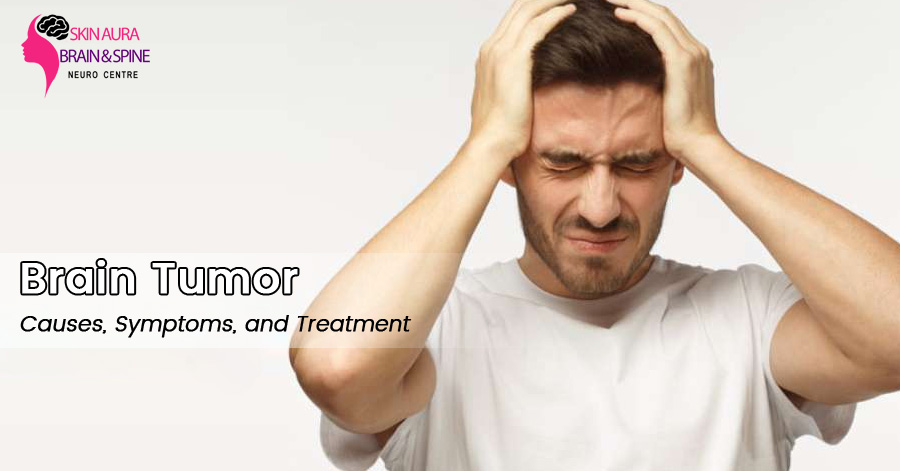There is no reliable evidence regarding the cause of brain tumors, but there are some risk factors that have been validated through research. Children and youngsters who receive radiation around the head are vulnerable to developing tumors in the brain once they grow up. Also, people with a certain kind of rare genetic condition like neurofibromatosis might get a brain tumor, however, such cases are very rare. Age also plays an important role as people above the age of 65 are often diagnosed with the disorder.
What are the Types of Brain Tumors :
A primary brain tumor starts in the brain, and they may or may not be cancerous. Several tumors can be benign, which means they do not spread in the surrounding tissues and are not very malicious. Though, that does not mean that they will not cause any damage over time. Occasionally, these tumors can be severe and life-threatening.
What are the Symptoms of Brain Tumors :
The symptoms of the brain tumor depend on a range of factors like the size, type and the exact position of the tumor. The symptoms are triggered when any tumor is pressed or clashed against a nerve or disturb a segment of the brain. Symptoms are also visible when any tumor particle blocks the fluid flowing around the brain or when there is an inflammation in the brain due to the build-up of fluid.
What are the common symptoms of Brain Tumors :
- Headaches that worsen in the morning,
- Nausea along with vomiting,
- An alteration in the speech,
- Hearing and imbalances in walking and movement,
- Mood swings,
- Difficulty to concentrate or remember things
- Seizures or convulsions
What is the Treatment for Brain Tumor :
Surgery is the most usual treatment for brain tumors. The procedure is done under general anesthesia, and the scalp is shaved before the surgery. After that, craniotomy is done to open the skull, and the surgeon takes away a bone piece out of the skull. Then the tumor is detached as much as possible. The bone is then restored, and the opening on the scalp is closed. Occasionally surgery is not feasible in case the tumor has developed in the brain stem or some other complex parts.
Pediatric Neurosurgeons can surgically eliminate some tumors (known as resection or complete removal). If the tumor is close to the sensitive areas of the brain, neurosurgeons can only remove part of it (partial removal). Even partial removals may alleviate symptoms and aids or increase the efficiency of other treatments. A successful surgery improves the quality of life for the patient and he/she may live a long normal life.
